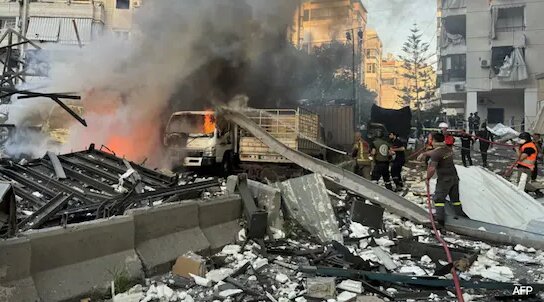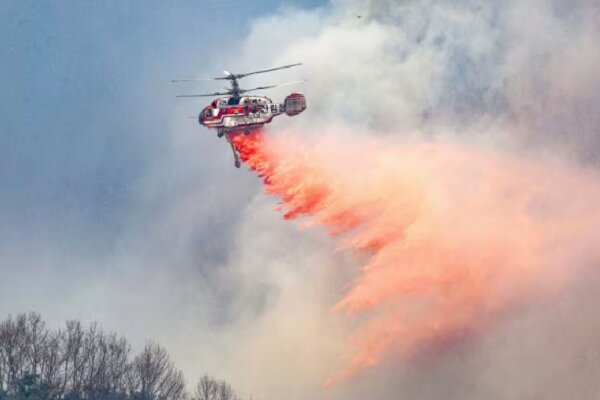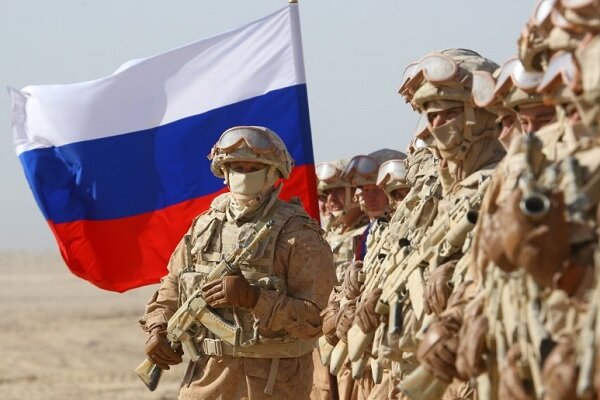Israel Launches Strategic Airstrike Near Syrian Presidential Palace: Tensions Escalate
In a significant development, Israel’s air force has conducted a military operation near Syria’s presidential palace, raising tensions in the region. This airstrike occurred after stern warnings were issued to Syrian authorities regarding their movements towards villages inhabited by the Druze minority sect in southern Syria.
The airstrike took place early Friday and was reported by AP. This incident follows a series of violent clashes between pro-Syrian government forces and fighters affiliated with the Druze community close to the capital, Damascus. These confrontations have resulted in substantial casualties, with dozens reportedly dead or injured.
The Syrian presidency responded vehemently to the Israeli attack, condemning it as a “dangerous escalation against state institutions and the sovereignty of the state.” They further urged the international community to support Syria, emphasizing that such military actions threaten “Syria’s national security and the unity of the Syrian people.”
Background on the Conflict
The ongoing tensions in Syria can be traced back to a myriad of complex issues involving various factions and ethnic communities. Here are some key points to consider:
- The Druze Community: This minority group, primarily located in southern Syria, has been caught in the crossfire of the ongoing civil war, balancing their loyalty between the Syrian government and external pressures.
- Pro-Government Forces: These groups have been engaged in a struggle to maintain control over territory and protect the state’s interests amidst the chaos of the civil war.
- Israeli Interests: Israel has been involved in the Syrian conflict primarily to counter threats from Iranian forces and Hezbollah, who are seen as adversaries.
- International Reactions: The airstrikes and the broader conflict have drawn attention from various international actors, each with their own interests in the outcome of the Syrian civil war.
Implications of the Airstrike
The airstrike near the presidential palace signifies a notable shift in military engagement and may have far-reaching implications:
- Increased Tensions: This military action could lead to heightened tensions not only between Israel and Syria but also with other regional players who have vested interests in the conflict.
- Potential for Escalation: The possibility of further military responses from Syria or allied forces raises concerns about an escalation of violence in the region.
- Humanitarian Impact: Continued conflict affects civilians, leading to further displacement and humanitarian crises in already war-torn areas.
- International Relations: The international community’s response to this airstrike may influence diplomatic relations and future peace efforts in the region.
As the situation evolves, the world watches closely, aware that each development could shape the future of not just Syria, but the entire Middle East. The Syrian presidency’s call for global support reflects the urgency of addressing the ongoing violence and instability that has plagued the country for years.
In summary, the Israeli airstrike near Syria’s presidential palace highlights the intricate and often volatile dynamics of the Syrian conflict. As various factions vie for power and influence, the impact on local communities, particularly minority groups like the Druze, remains a critical concern. The call for international solidarity from Syria’s leadership underscores the need for a comprehensive approach to resolving the ongoing crises, emphasizing the importance of diplomacy and dialogue in achieving lasting peace.






